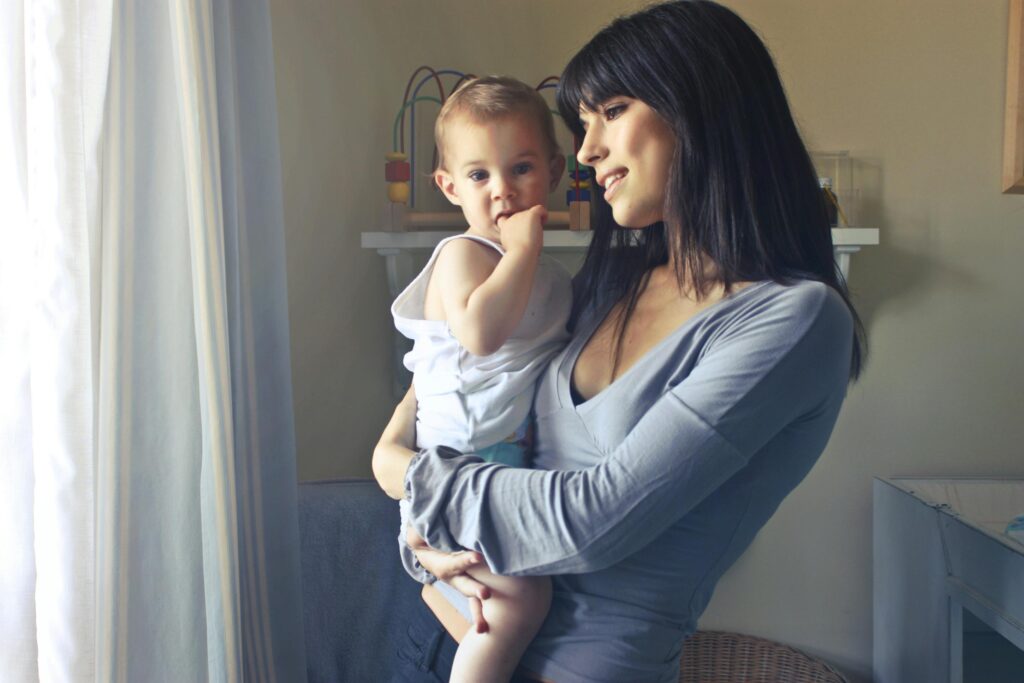In the kaleidoscope of parenting trends and cultural shifts, a troubling pattern has emerged: the rise of ‘mom shaming.’ This insidious phenomenon, fueled by societal pressures, social media scrutiny, and sometimes even well-intentioned advice, has cast a shadow over the journey of motherhood. In this exploration, we delve into the complexities of mom shaming and its profound impact on the mental health and well-being of mothers worldwide.
Motherhood, once romanticized as a sanctuary of unconditional love and support, has increasingly become a battleground of judgment and criticism. From the choice of feeding methods to the decision on work-life balance, mothers find themselves under relentless scrutiny, often from unexpected sources. Grandmothers, fellow parents, online communities – no arena seems immune from the reach of mom shaming.
At its core, mom shaming stems from a cocktail of societal expectations, personal insecurities, and the relentless pursuit of perfection. In an era where parenting advice inundates every corner of cyberspace, mothers are bombarded with conflicting messages, leaving them feeling inadequate and overwhelmed. The pressure to conform to idealized standards of motherhood, perpetuated by glossy social media feeds and glossy magazine covers, only exacerbates this sense of inadequacy.
Furthermore, the rise of social media has provided a breeding ground for the proliferation of mom shaming. Behind the veil of anonymity, individuals feel emboldened to critique and condemn the parenting choices of others, often without fully grasping the nuances of each situation. A seemingly innocent comment on a breastfeeding photo or a passive-aggressive remark about a messy home can chip away at a mother’s self-esteem, leaving her questioning her worth as a parent.
The repercussions of mom shaming extend far beyond hurt feelings and bruised egos. Research has shown that constant exposure to criticism and judgment can take a significant toll on maternal mental health. Mothers who experience high levels of mom shaming are more likely to report symptoms of anxiety, depression, and low self-esteem. The relentless pressure to meet unattainable standards can lead to feelings of isolation and inadequacy, robbing mothers of the joy and fulfillment that should accompany the journey of parenthood.
Moreover, mom shaming can have tangible effects on parenting practices and child outcomes. Mothers who feel judged and criticized may become more hesitant to seek support or advice, leading to increased stress and uncertainty. This reluctance to ask for help can hinder the development of effective coping strategies and exacerbate feelings of isolation. Additionally, children raised in environments characterized by maternal stress and insecurity may experience negative impacts on their own well-being, perpetuating a cycle of intergenerational harm.
Addressing the scourge of mom shaming requires a multifaceted approach that acknowledges the complexity of the issue. On an individual level, cultivating empathy and compassion towards fellow mothers can go a long way in dismantling the culture of judgment and criticism. Instead of perpetuating unrealistic ideals of perfection, let us celebrate the diversity of parenting experiences and support one another through the inevitable challenges of raising children.
Furthermore, policymakers and healthcare providers must recognize the detrimental effects of mom shaming on maternal mental health and allocate resources accordingly. Accessible mental health services, parent support groups, and educational initiatives can empower mothers to navigate the complexities of parenthood with confidence and resilience.
In conclusion, the rise of mom shaming represents a troubling trend that threatens the well-being of mothers and children alike. By fostering a culture of acceptance and support, we can create a world where mothers feel empowered to embrace their unique parenting journey without fear of judgment or criticism. Together, let us redefine the narrative of motherhood and reclaim the sanctity of unconditional love and support for all mothers, regardless of their choices or circumstances.










